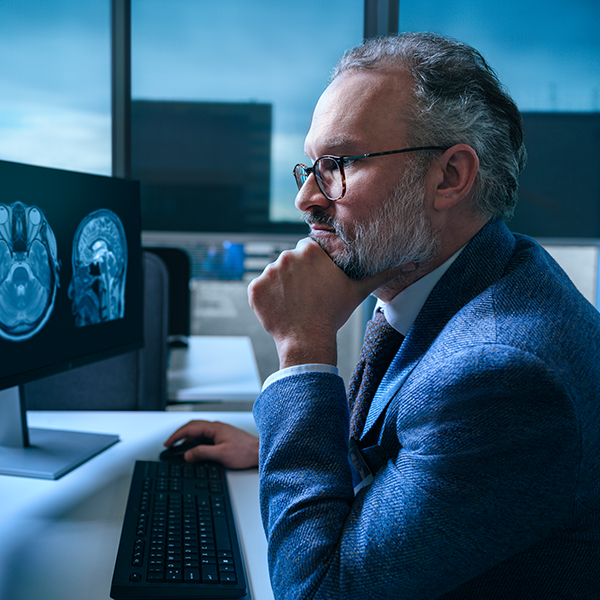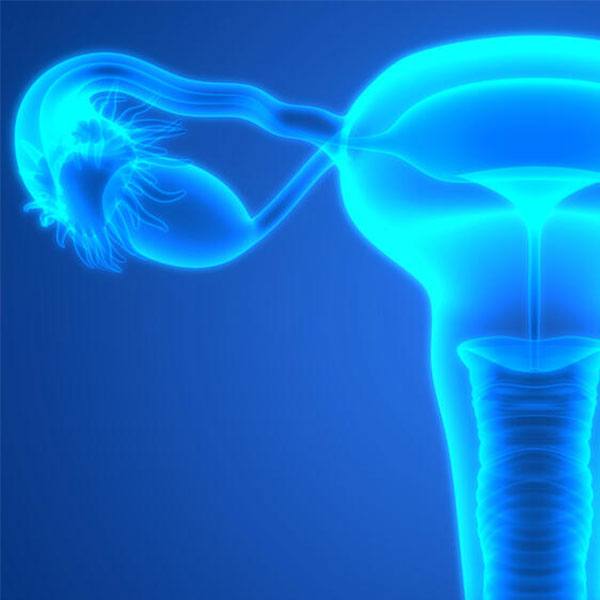-
A Pain in the Heel
ROCHESTER, Minn. — The Achilles tendon, the large tough band of tissue connecting the muscles in the back of the lower leg to the heel bone, can become inflamed, degenerate or even rupture. The January issue of Mayo Clinic Health Letter covers causes and treatments for Achilles tendon problems.
Often when Achilles pain begins, inflammation is the primary component. Called Achilles tendinitis, this inflammation initially may feel like a mild ache or pain at the back of the heel or an inch or two higher up the Achilles tendon. There may be more tenderness and stiffness after inactivity. The pain may be sharper after an aggravating activity. This condition typically is not related to a specific injury but results from repeated stress on the tendon.
When Achilles tendinitis is diagnosed early, self-care treatments may resolve the pain. Self-care may include avoiding activities that strain or irritate the tendon (running, jumping or prolonged hill walking), applying ice, use of nonprescription anti-inflammatory pain medications (ibuprofen), light stretching and better shoes or orthotics.
When symptoms last more than a few weeks, inflammation is less of a factor. Instead, degenerative changes could be leading to Achilles tendinosis. In this condition, the tendon may develop microtears and swelling over weeks or months, frequently resulting in a visible nodule where the tendon is thickened. Weakened tendon tissues are at increased risk for partial tearing or a complete rupture.
A special type of strengthening called eccentric strength training can help reverse Achilles tendon degeneration. This involves doing a toe raise with a very slow release to the ground. This exercise should be done in consultation with a physician or physical therapist to avoid causing additional harm.
It's important to seek a diagnosis and treatment plan for persistent Achilles pain. When pain doesn't respond to conservative measures, a doctor may recommended other therapies such as topical medications, injection therapy, shock wave therapy, needling the tendon to initiate healing or surgery.
Mayo Clinic Health Letter is an eight-page monthly newsletter of reliable, accurate and practical information on today's health and medical news. To subscribe, please call 800-333-9037 (toll-free), extension 9771, or visit Mayo Clinic Health Letter Online.







